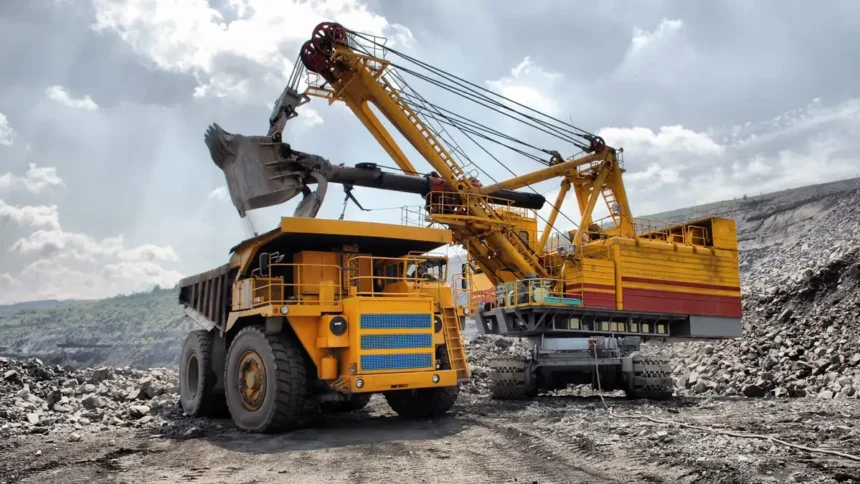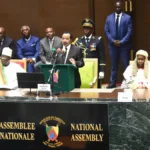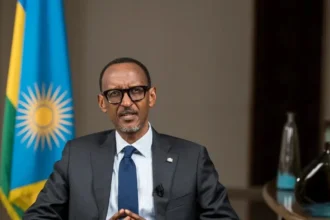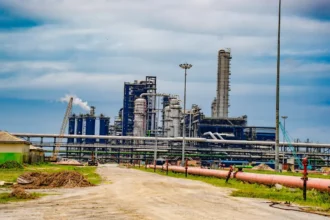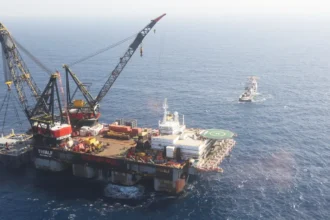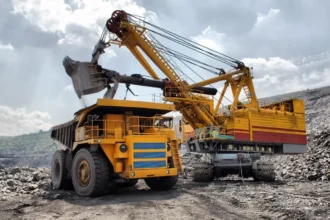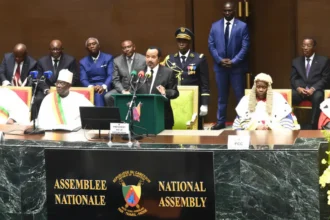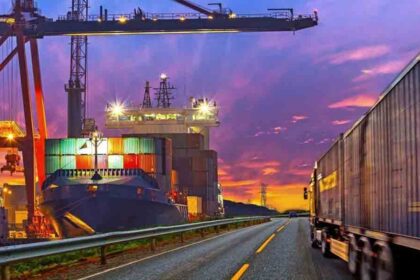Since 2022, a sovereignty wind has been blowing across the Sahel. Mali, Burkina Faso, and Niger now united under the Alliance of Sahel States (AES) are taking decisive steps to reclaim control over their mineral wealth, long dominated by foreign corporations. In Mali, the government has nationalized the Société Malienne d’Exploitation (SOMIFI), once foreign-owned, and suspended several mining conventions deemed exploitative.
No longer will our riches fund the development of others while our people remain poor,
declared Mali’s Minister of Mines, Amadou Keïta, in September. In Burkina Faso and Niger, the tone is equally assertive. The Nigerien government has called for a renegotiation of uranium contracts with the French group Orano (ex-Areva), while Burkina Faso promotes a model of “productive sovereignty”, prioritizing national companies and African-led partnerships.
Old grievances against multinationals
This new assertiveness stems from decades of imbalance. Many foreign mining giants from Canada, France, Australia, China, and Russia have extracted billions of dollars in resources with little return for local economies. According to the World Bank, over 70% of African mining countries capture less than 30% of the total revenues generated by their own resources. Mali, where gold accounts for about 12% of GDP, yet contributes minimally to public welfare. Burkina Faso, the continent’s fourth-largest gold producer, exports over 50 tons annually but collects less than $300 million in taxes and royalties. The grievances are well known: opaque contracts favoring foreign investors, tax evasion via transfer pricing and offshore accounts, environmental destruction and displacement of communities and low local employment, with high-skilled jobs monopolized by expatriates.
Africa’s mining sector was designed to enrich shareholders abroad, not to industrialize the continent,
says senegalese economist Abdoulaye Niang, an expert in extractive economics.
From Gaborone to Lusaka : the contagion spreads
The sovereignty wave is no longer confined to the Sahel. Across southern Africa, governments are renegotiating or reclaiming key assets. In Botswana, President Mokgweetsi Masisi secured a landmark deal with De Beers in 2023, ensuring an equal 50/50 split of diamond production under Debswana, the joint-venture between the state and the mining giant. The country also plans to develop its own diamond-cutting and jewelry industries. Zambia, under President Hakainde Hichilema, has brought the Mopani Copper Mines back under public control, with plans to reopen them to minority investors. Meanwhile, Ghana has mandated that the state hold at least 30% equity in all new gold mining licenses.
This isn’t a war on investors,
explains Ghanaian economist Bright Simons
It’s a recalibration of sovereignty Africa wants to stay open, but on its own terms.
A $100 billion opportunity
Africa’s mining sector is worth over $100 billion annually, according to McKinsey (2024), yet less than 20% of that wealth stays on the continent. The goal of nationalization is not isolationism, but value retention keeping a larger share of profits and developing local processing chains. In Mali, the government aims to establish a national gold refinery by 2030. In Burkina Faso, plans are underway for a state-owned smelter with Russian and Turkish partners. However, challenges persist: weak infrastructure, limited technical expertise, capital shortages, and diplomatic tensions with Western powers.
Africa’s new mining nationalism is more than political rhetoric it’s an attempt to rewrite the global economic contract. But sovereignty alone won’t guarantee prosperity. Success will depend on governance, transparency, and technical capacity. Without institutional discipline, state-led control could simply replace foreign monopolies with bureaucratic inefficiency or corruption.
Redefining Africa’s economic diplomacy
This shift signals a new era in Africa’s economic diplomacy one defined by confidence and recalibrated partnerships rather than dependency. From the uranium fields of Niger to the diamond pits of Botswana, governments are rewriting the terms of engagement with multinational corporations. The ultimate goal is to ensure that Africa’s 30% share of the world’s mineral reserves finally benefits its people. The next decade will reveal whether this wave of mining nationalism becomes a foundation for inclusive growth or another cycle of resource nationalism without results.

